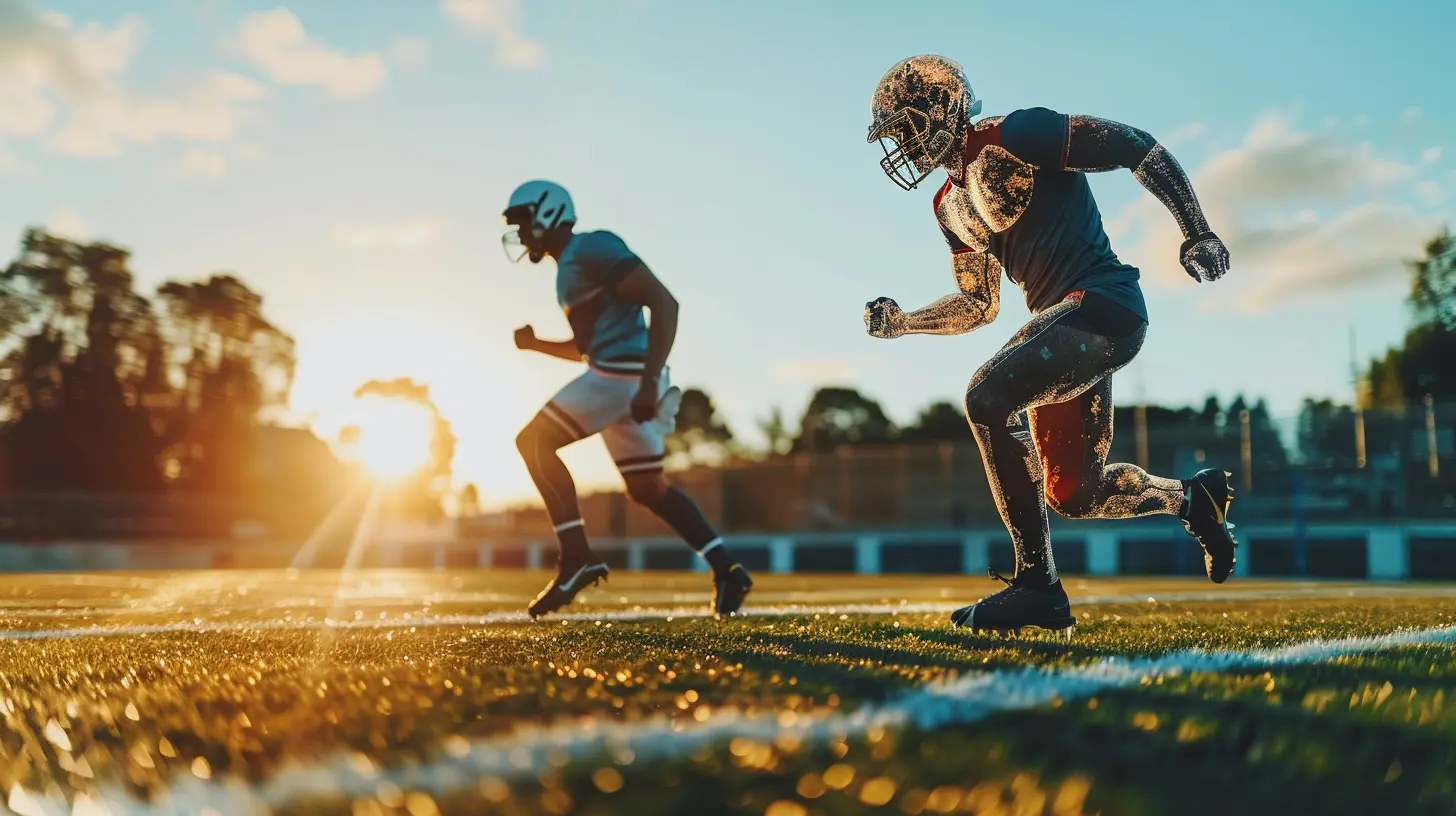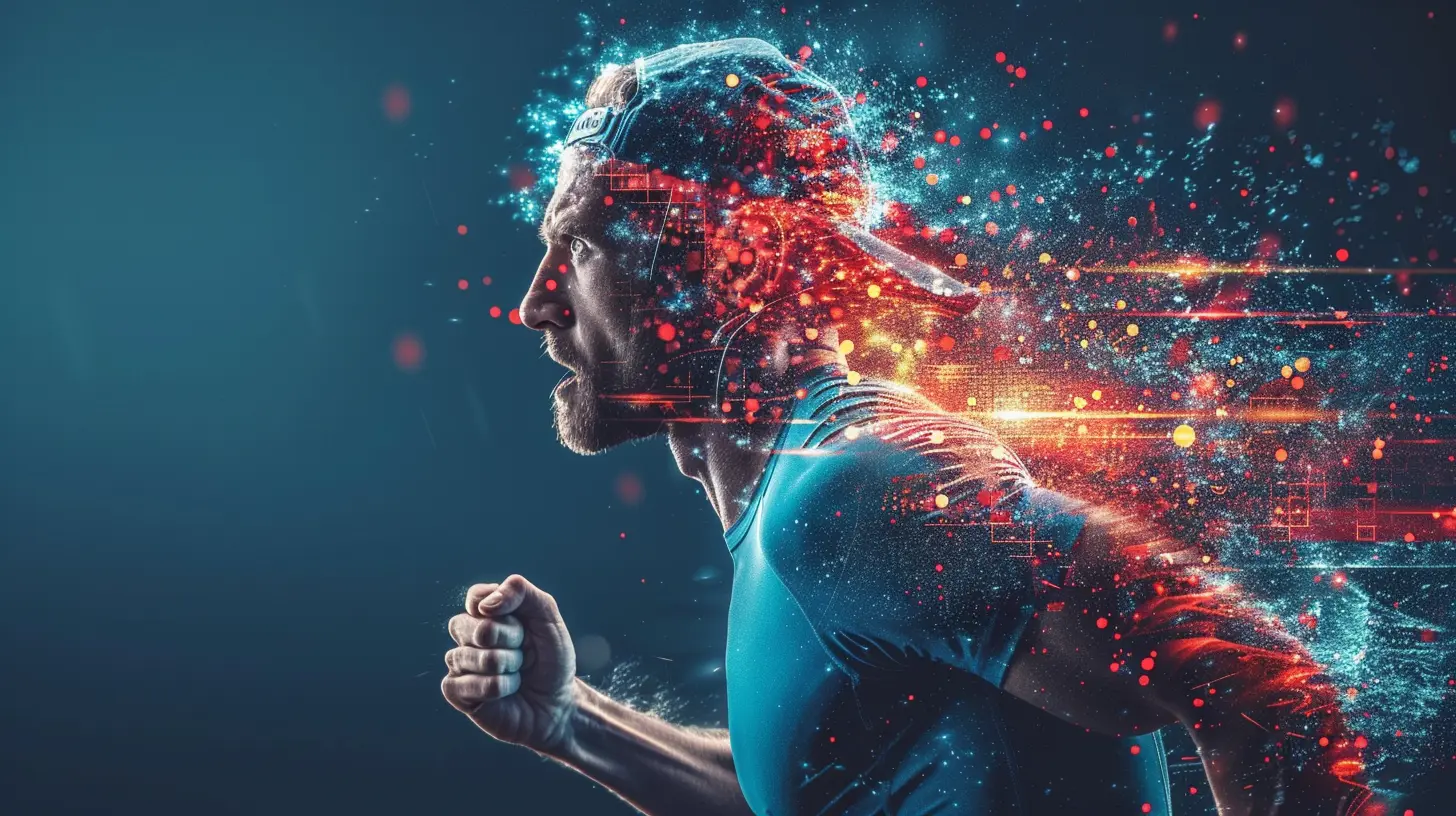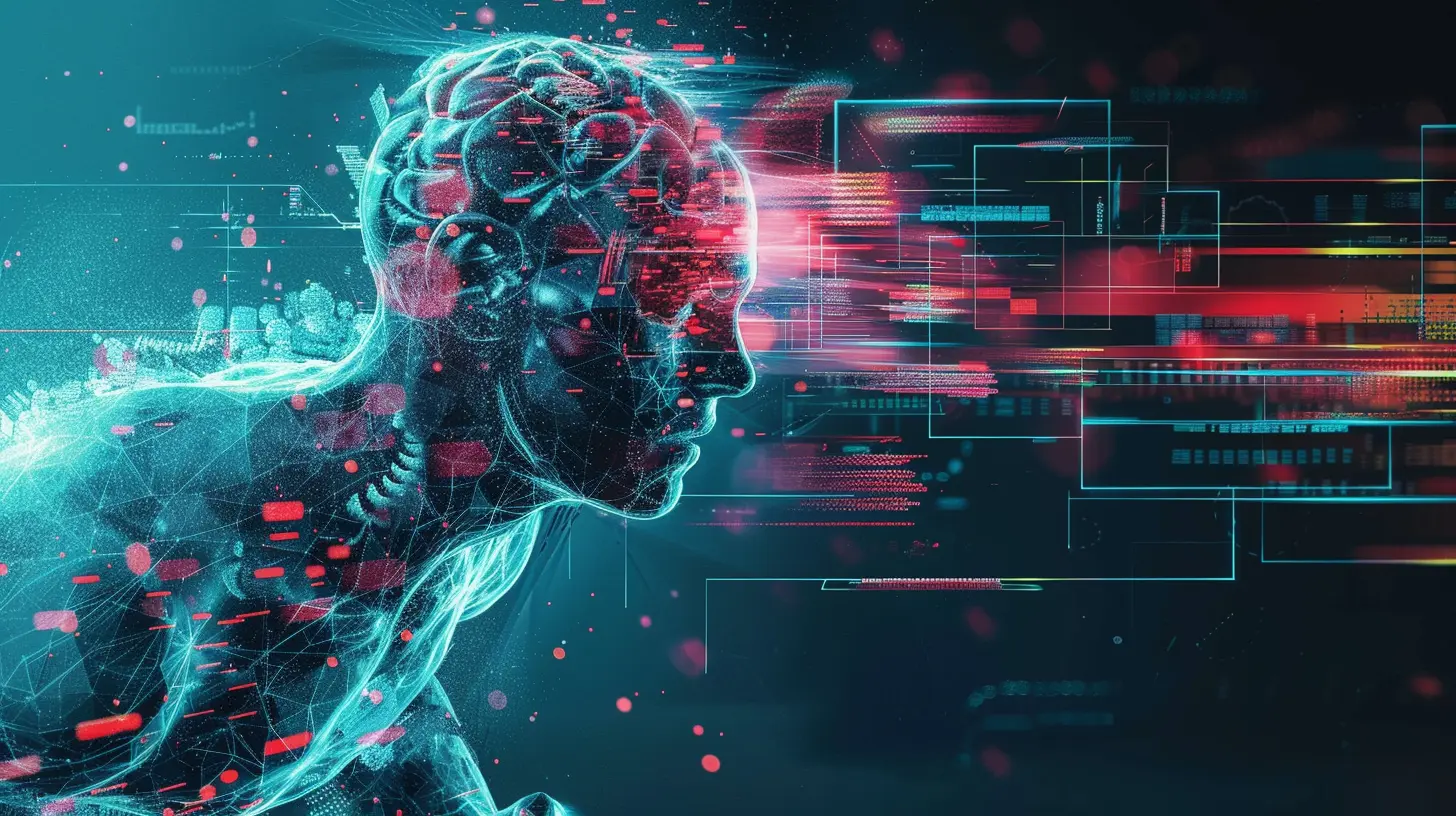The Role of Cognitive Training in Enhancing Athletic Performance
13 June 2025
Let’s face it—sports are no longer just about brute strength and raw talent. Today, it’s just as much a mind game as it is a physical one. Think about it: whether it’s reading the field, staying calm under pressure, or reacting in a split second, an athlete’s brain is constantly working overtime. That’s where cognitive training steps in. It’s like going to the gym, but for your brain—and trust me, it’s a total game-changer.
In this deep dive, we’re going to unpack the role of cognitive training in enhancing athletic performance. So whether you're a competitive athlete, weekend warrior, or coach looking for an edge, sit tight. There’s a lot to gain from training your brain as hard as you train your body.
What Exactly is Cognitive Training?
Cognitive training, in simple terms, is a set of mental exercises designed to sharpen brain functions like attention, memory, processing speed, and decision-making. Think Sudoku on steroids—but a lot more strategic and sports-focused.In the world of athletics, this means exercises tailored to improve things like:
- Visual processing speed
- Spatial awareness
- Reaction time
- Focus and attention
- Decision-making under pressure
Now, why should athletes care about any of this? Because these skills are the unsung heroes behind clutch plays, rapid tactical adjustments, and those blink-and-you’ll-miss-it reactions that separate the good from the great.
Why the Brain Matters in Sports
Let’s break it down. The brain is your control center. Every shot, sprint, pass, or tackle starts as a message from your brain to your body. So, if there's a delay up top, your body pays the price. Simple as that.Great athletes aren't just physically fit—they're mentally sharp. They see plays unfold before others do. Their timing is spot on. They make the right call before their opponent even realizes there's a decision to make.
And that’s not an accident. That’s cognitive strength.
The Science Behind Brain Training
You might be wondering, "Is this all just hype?" Not really.There’s growing research showing the link between cognitive training and improved athletic performance. Here's the science-y bit (but don’t worry, we’ll keep it digestible):
Neuroplasticity: Your Brain's Secret Weapon
The brain isn’t fixed. It’s constantly changing and adapting—a phenomenon called neuroplasticity. The more you challenge it, the stronger and faster it gets. Kind of like muscles, right?Cognitive drills stimulate specific areas of the brain involved in perception, action, and attention. When athletes repeatedly train these areas, their neural connections get faster and more efficient. That translates into better game-day execution.
Real-World Examples of Cognitive Training in Sports
So how is this actually being used in the field?1. Soccer Players & Split-Second Decisions
Elite soccer players are often praised for their “game IQ.” But that’s not just instinct—they train for it. Cognitive drills help them process the fast pace of the game, read player movements, and decide when to pass, shoot, or dribble in milliseconds.Clubs like Manchester United and Ajax have integrated cognitive technologies like NeuroTracker into their regular training.
2. NFL Quarterbacks & Situational Awareness
An NFL quarterback needs to scan the field, identify the defensive setup, and throw the ball all within two seconds. Cognitive training helps improve that spatial awareness and reaction speed.Some even use VR simulations to run mental reps and boost their brain’s decision-making under pressure.
3. Tennis Players & Focus
In tennis, distractions are everywhere: noise from the crowd, pressure of match points, mental fatigue. Top players like Novak Djokovic practice mindfulness-based cognitive training to stay laser-focused.By training attention and emotional control, they’re able to maintain peak performance in high-pressure moments.
Key Cognitive Skills That Boost Athletic Performance
Let’s go a bit deeper into the specific mental skills that cognitive training enhances:💡 Focus and Attention
The ability to stay mentally dialed-in is huge—whether you're shooting free throws or hitting a curveball. Cognitive training helps athletes eliminate distractions and keep their eye on the prize.⏱ Reaction Time
Ever seen a baseball player hit a 95 mph fastball? That’s not just physical. Their brain is processing information at lightning speed. Drills that improve visual tracking and hand-eye coordination can shave milliseconds off reaction times—and that can be the difference between hitting a home run or missing completely.🎯 Decision-Making
Split-second decisions are baked into every sport. Train your brain to make the right calls, faster, and you’ll instantly elevate your game.📈 Working Memory
This is your brain’s short-term memory. It helps you remember plays, tactics, and what your opponent did two moves ago. Strengthening this builds better anticipation and strategy.Tools and Techniques Used in Cognitive Training
Nowadays, cognitive training isn’t just about puzzles and memory cards. Athletes have access to high-tech tools and insightful techniques that turn brain workouts into serious business.🧠 Brain-Training Apps
Apps like NeuroTracker, Lumosity, and Cognifit offer tailor-made exercises to sharpen mental performance. They gamify mental workouts, making them engaging and measurable.🥽 Virtual Reality (VR)
VR offers realistic, high-pressure simulations that mimic real-game situations. Want to simulate a penalty shootout or blitz scenario? Pop on a VR headset and your brain is getting legit reps without the physical toll.🧘 Mindfulness and Meditation
These practices aren’t just for yogis. Mindfulness improves emotional regulation, helping athletes stay cool when the game gets heated. It’s also proven to increase focus and reduce performance anxiety.🧩 Neurofeedback
A bit more advanced, this technique uses EEG (electroencephalogram) to monitor brain activity in real-time. Athletes learn to regulate their own brainwaves for better focus and mood control.How to Start Cognitive Training: A Simple Game Plan
Okay, so you're sold on the idea. Now what? Here's a basic blueprint to get started.1. Assess Your Needs
First things first—figure out what areas need improvement. Is your reaction time slow? Do you lose focus under pressure? Knowing your weaknesses helps you choose the right exercises.2. Pick the Right Tools
Start small. You don’t need fancy gadgets to get going. Apps and basic focus drills work just fine in the beginning.3. Train Consistently
Like physical training, you won’t see results with a once-a-week effort. Set aside time every day—even 15 minutes can make a difference.4. Measure Progress
Track your scores, reaction times, and focus levels over time. Seeing improvement keeps you motivated and shows the training is working.5. Integrate Into Physical Practice
Pair cognitive drills with your regular sports practice. For example, do a reaction-time drill right before shooting practice. Your brain adapts best when mental and physical training are combined.Addressing the Skeptics: Does It Really Work?
Some folks are still skeptical about cognitive training. And sure, it’s not magic. But when combined with physical training, the effects are real.Multiple studies show that athletes who integrate cognitive workouts:
- Process game information faster
- Make fewer mental errors
- Stay sharper for longer
- Perform better under pressure
It's not about replacing physical training—it's about enhancing it. Think of it like fine-tuning a race car. The engine (your body) is critical, but the onboard computer (your brain) is what helps you win the race.
The Future of Cognitive Training in Sports
As tech gets smarter, cognitive training is only going to get better—and more personalized. We’re talking AI-driven programs that adapt in real-time, biometric feedback loops, and even brain-computer interfaces.Coaches and athletes who embrace this shift will have a serious competitive edge. Those who don’t? Well, they might just get left behind.
Final Thoughts
So, here’s the bottom line: if you’re not training your mind, you’re leaving a ton of potential on the table.Cognitive training isn’t just a buzzword—it’s a transformative tool that’s reshaping the way athletes perform. It sharpens the skills that matter most, especially when the stakes are high and every second counts.
Whether you're aiming for a gold medal or just trying to shave some seconds off your time, training your brain might just be the secret weapon you didn’t know you needed.
Start small, stay consistent, and trust the process. Your brain—and your performance—will be better for it.
all images in this post were generated using AI tools
Category:
Sports InnovationsAuthor:

Umberto Flores
Discussion
rate this article
3 comments
Vera Ortiz
Mind over muscle wins!
June 20, 2025 at 2:18 AM

Umberto Flores
Absolutely! Mental strength and cognitive training are crucial in optimizing athletic performance and making strategic decisions during competition.
Antonia Strickland
Cognitive training unlocks the mind's potential, sharpening focus and decision-making. Elevate your game by training both body and brain for ultimate success!
June 18, 2025 at 4:43 AM

Umberto Flores
Thank you for your insightful comment! Cognitive training indeed plays a crucial role in boosting athletic performance by enhancing mental sharpness and decision-making skills.
Edith Wagner
Cognitive training significantly enhances athletic performance by improving decision-making, focus, and reaction times. It highlights the importance of mental preparation, alongside physical training, in achieving peak performance in sports.
June 13, 2025 at 4:38 AM

Umberto Flores
Thank you for your insightful comment! Indeed, integrating cognitive training with physical practice is essential for maximizing athletic performance.



